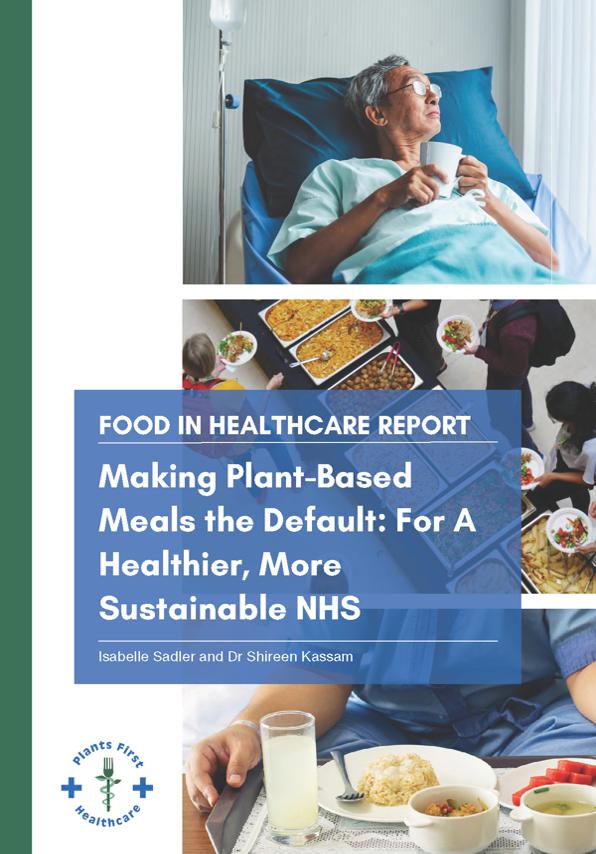How to start talking about food in your hospital
Although the various steps are numbered, they do not need to happen in this order and some may happen at the same time.
Action 1
Identify key stakeholders in your hospital:
- Lead dietitian or head of nutrition and dietetics
- Catering dietitian or nutritionist.
If your hospital has an external food provider then they will be employed by that organisation.
If your hospital has in-house catering, then it will likely be a dietitian who is part of the trust’s dietetic department
If your hospital uses an external caterer, then there will be an operations manager that works at the hospital for the company Catering manager for your staff restaurants
The meals below are examples of the plant-based meals offered to patients in NYC Health + Hospitals.

Photos from the NYC Health + Hospitals Plant-Based by Default menu
Action 2
Read your hospital’s Green Plan and strategy documents to understand what commitments have already been made with regards to food provision.
Action 3
Make contact with your sustainability lead (usually an executive board member like the Chief Financial Officer) and team members. Your hospital will also have a clinical sustainability lead and green champions.
Action 4
Set up a meeting to discuss patient and staff menus
Share useful resources
Offer to give a presentation such as a Grand Round presentation or at a departmental education session.
Invite a member of the Greener by Default team to give a webinar
Action 5
Run plant-based campaigns in the hospital such as Veganuary and No Meat May, both of which have workplace challenges and provide a number of useful resources. Ask the staff restaurant to promote and incentivise plant-based meals.
The meals below are examples of the plant-based meals offered to patients in NYC Health + Hospitals.
Photos from the NYC Health + Hospitals Plant-Based by Default menu

There is now overwhelming evidence that shifting towards a plant-predominant food system can significantly improve national health outcomes, address health inequalities and is essential for meeting our climate and nature targets. There is growing evidence that it could also decrease NHS costs.


